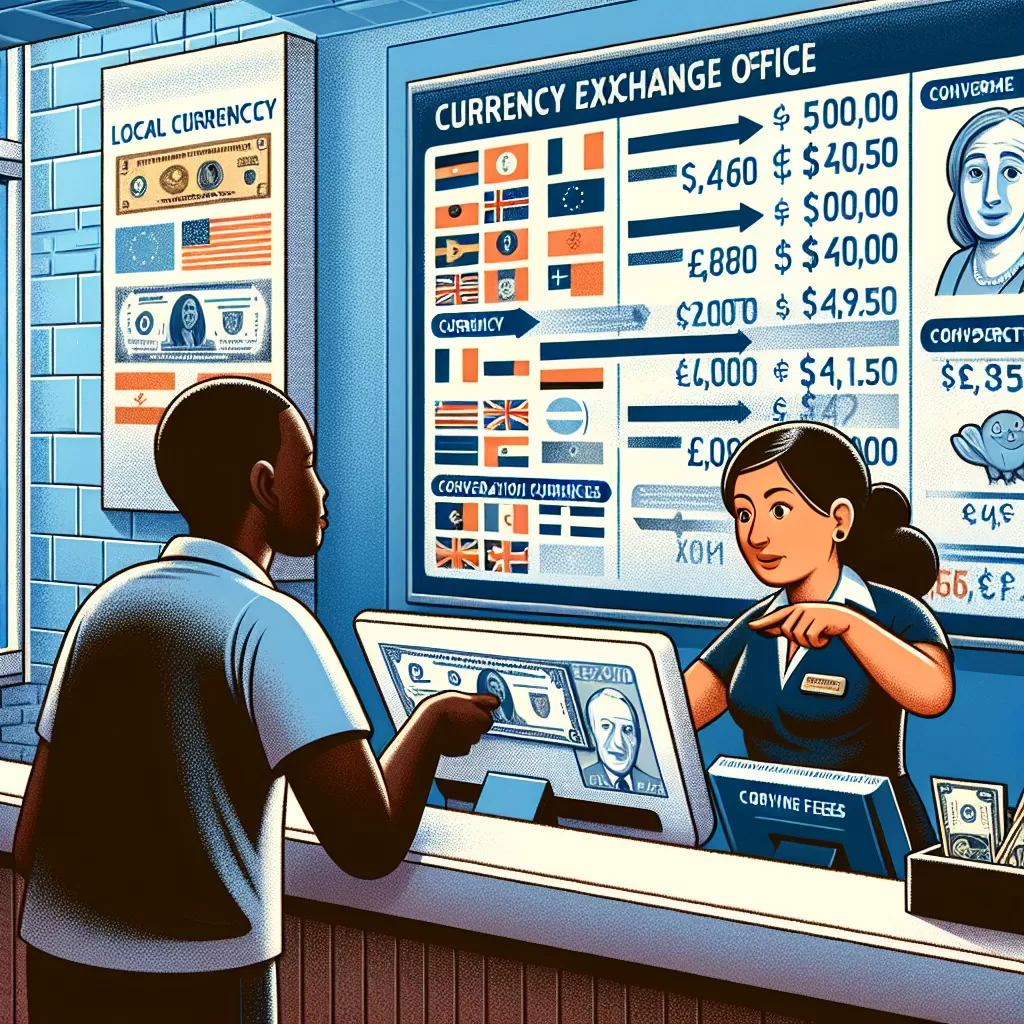How Much Does The Bank Charge For Currency Exchange
Follow Currency Mart April 10, 2024
Where to purchase Foreign Currencies?

Introduction
Currency exchange operations are a part of our day-to-day banking activities whenever we plan an international journey or need to make overseas payments. But the exchange rates and associated charges aren't always as straightforward as we'd hope. Understanding how much the bank charges for currency exchange is essential to make sure you're getting the most out of your money.Understanding Currency Exchange
Currency exchange is the act of converting one country's currency into another. It serves two main purposes: to facilitate trade and business, and to gain profits from the changing values of currencies. Exchange rates fluctuate continually throughout every trading day due to various factors, including inflation rates, interest rates, political instability, economic performance, and speculation.Bank Charges for Currency Exchange
When you exchange currency through a bank, you are typically subject to two types of fees – the conversion fee and associated fees.The Conversion Fee
The conversion fee is an integral part of each currency exchange transaction, encompassing the profit margin of the bank. This profit is achieved by using a different exchange rate for buying and selling currency. Banks usually offer a lower exchange rate than the market rate and then sell at a higher rate. The difference between the two rates, known as spread, forms the conversion fee.Associated Fees
In addition to the conversion fee, there may be other fees associated with currency exchange, such as the transfer fee for sending money abroad, receiving charges, or handling fees. These charges can vary widely from one bank to another and could also get influenced by the recipient’s bank and the corresponding bank, if any.Average Currency Exchange Costs
In general, banks and traditional financial institutions may charge anywhere between 3% and 7% in costs per transaction for currency exchange. This percentage is a combination of their set conversion fee and any additional fees. However, it's worth noting these charges can fluctuate depending on the financial institution and the specific transaction nature.Digital Banks and Currency Exchange
With the rise of digital banking solutions and foreign exchange platforms, the traditional banking landscape is rapidly changing. Many digital banks and financial technology companies are now providing lower-cost or sometimes even free currency exchange services due to lower overhead costs and different business models.Minimizing Currency Exchange Costs
The primary approach to minimizing these costs is by planning and shopping around. Compare different banks, credit unions, and digital platforms to find the best rates and lowest fees. Choose an institution that provides value for your specific needs. Also, using a digital international money transfer service can significantly help cut costs and provide more competitive exchange rates.Conclusion
Understanding the amount a bank charges for currency exchange is crucial for any international financial activity. These costs can add up over time, particularly for frequent travelers or businesses dealing with international suppliers or customers. Always be informed, plan in advance, and compare various options to ensure you get the most bang for your buck during currency exchange.
Where to purchase Foreign Currencies?